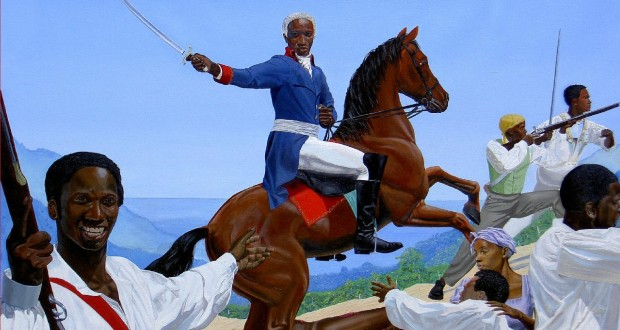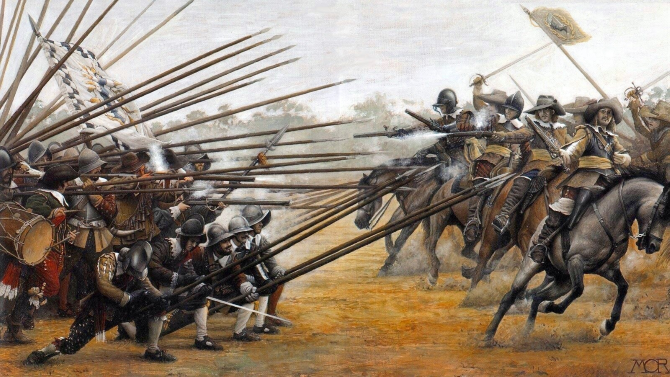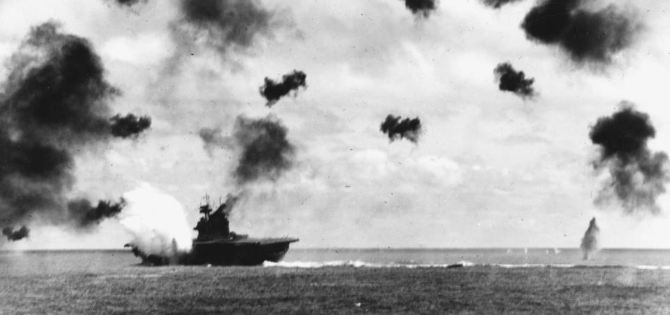I read Richard Barbrook’s “Class Wargames” having played his referendum game. I was unprepared for two chapters on the history of the Situationist International. The book has been inspired by Guy Debord’s Game of War; I had assumed that Richard was fascinated by games for the same reason that managements are, that one learns quicker by doing than by listening but his enthusim and praxis comes from the tactics of the Situationist Intentional. He categorises the tactics as provocation, détournement, urbanism & participatory creativity and while it’s a bit difficult to see how war games is a tactic of urbanism, it’s clear to me how the others fit in by challenging the states monopoly of military knowledge and strategy, the revisiting of military history and the liberation effects of personal participation. Anyway everyone, or nearly everyone enjoys a good board or table top game.
The “Game of War” is simple, some might argue overly so and would seem a bit too like chess although Debord argued that it was good enough, or better than that. One of the aspects of his game is the physical design which has a provocative beauty to it, at least in some eyes.
Class Wargames has adapted the rules of Game of War to allow players to recreate the Battle of Marengo arguably Napoleon’s greatest and most brilliant victory and gone onto use different rules to represent the Battle of Kazan in a game called Reds vs Reds and the Battle of Fort Bedourete, the latter being a battle fought during the Haitian Revolution. Barbrook discuses the politics of these battles and observes the failure and deformation of original military radicals such as Napoleon and Tousaint L’Overture, he also critical of actors in the Russian Revolution and Reds vs Reds is meant to be a study in the fracturing of the forces of radicalism in the nascent Soviet Union.
To me, it’s a shame that they don’t do a English Civil War version, although the suppression of the Leveller regiments in the Roundhead army was not, to my knowledge done at a battle. Yes, there was, it seems.
Game of War, would seem to be a poor war game but as argued the look and feel, and the politics of the SI make it so however the book looks in its later stages at real strategy and the some interesting adoption by the military of war games together with some even more interesting failures.
While looking at the realism of the games, Barbrook summarises Clauswitz’s essential components of good generalship as coup d’oeil, psyching the enemy, concentrating forces, outflanking and hot pursuit. He spends a number of pages showing how “Game of War” rewards these tactics and players benefit from them.
The book also explores the military adoption of war games and simulations and how they added high level maths to the evaluation of conflicts. When playing war games however, the military wanted to remove luck from their games but failed to understand that the games could become reflections of the institution. Some military organisations including the inter-war Imperial Japanese Navy adopted umpires. It was discovered too late, that the umpires were equally indoctrinated by the ethos & culture of the institution and may even be frightened of senior players of the game; they tended to side with the organisation’s orthodoxy, a disaster for the IJN as their war gaming of aircraft carrier confrontations with the US gave them a false confidence that they would win such an encounter.



Pingback:Class Wargames |